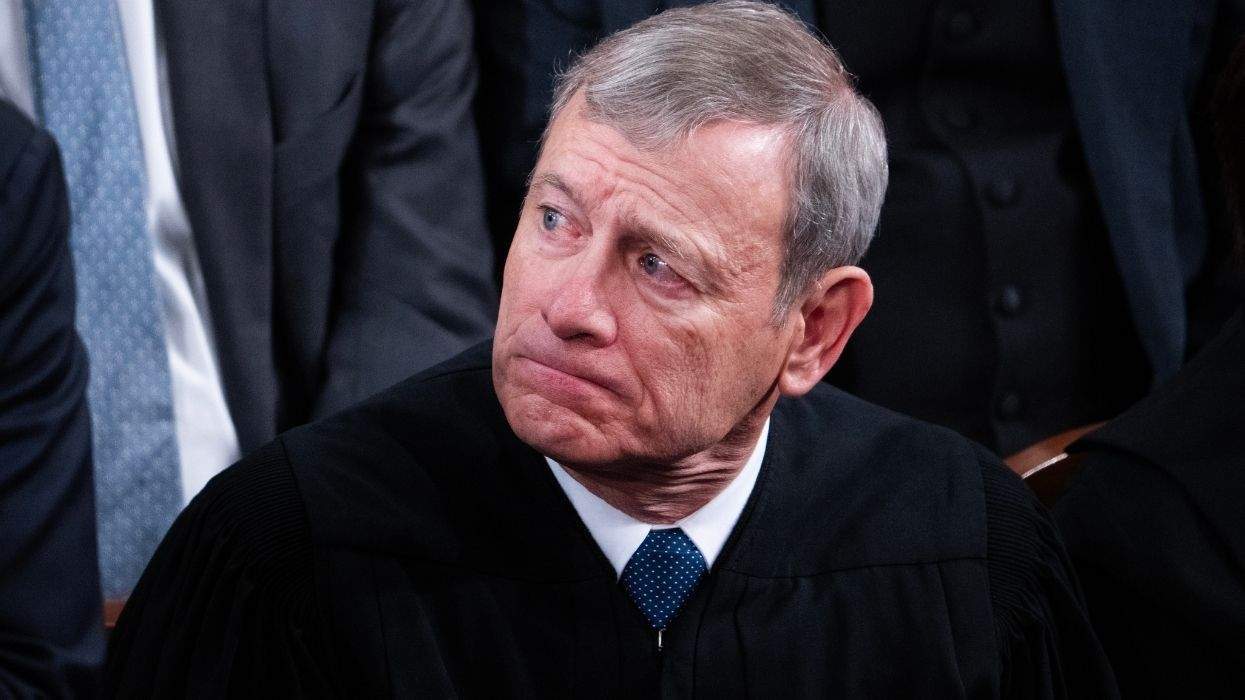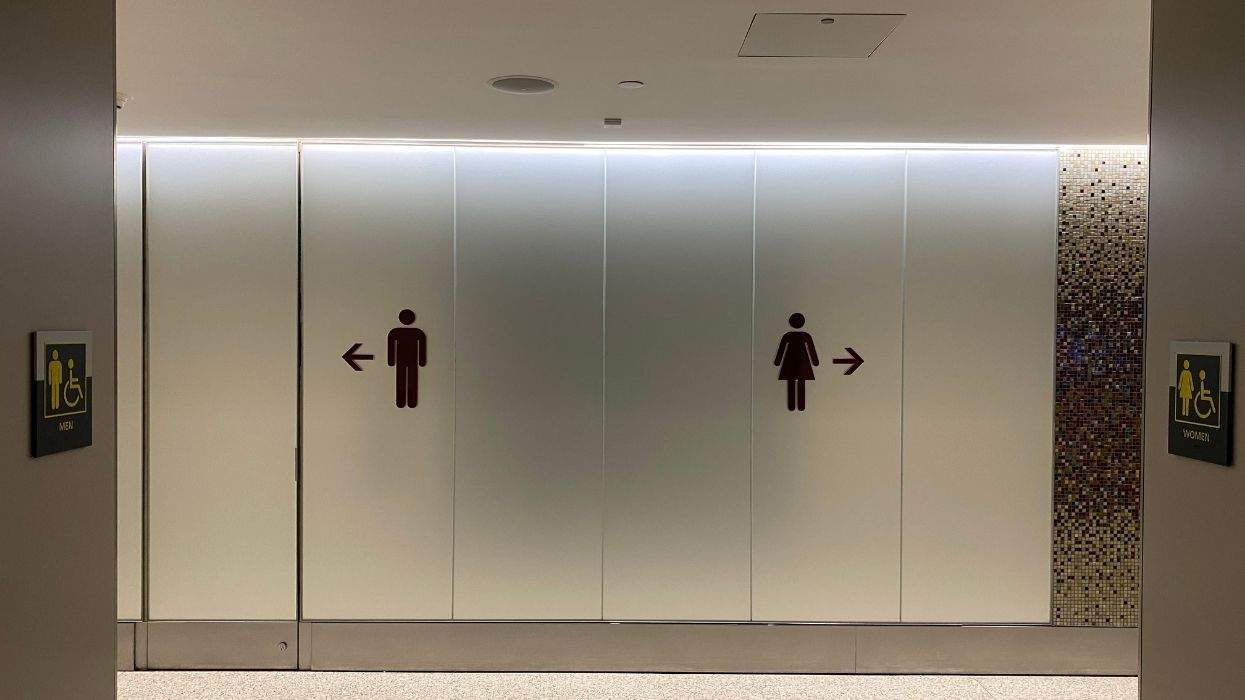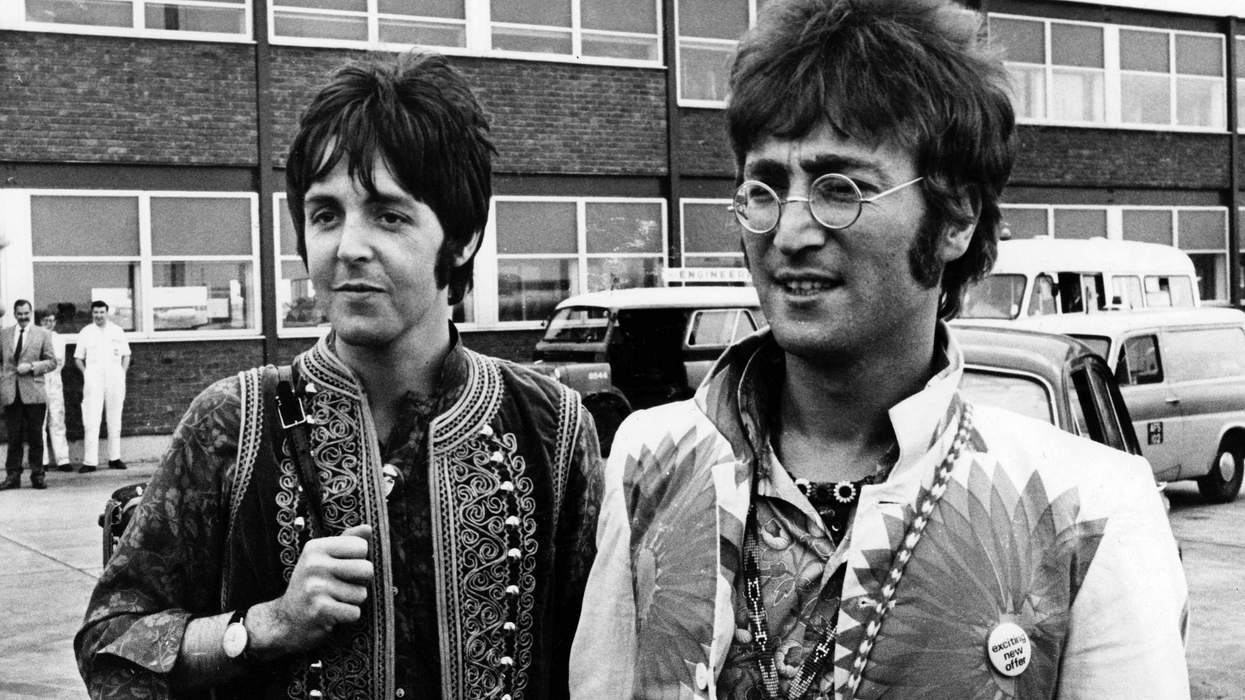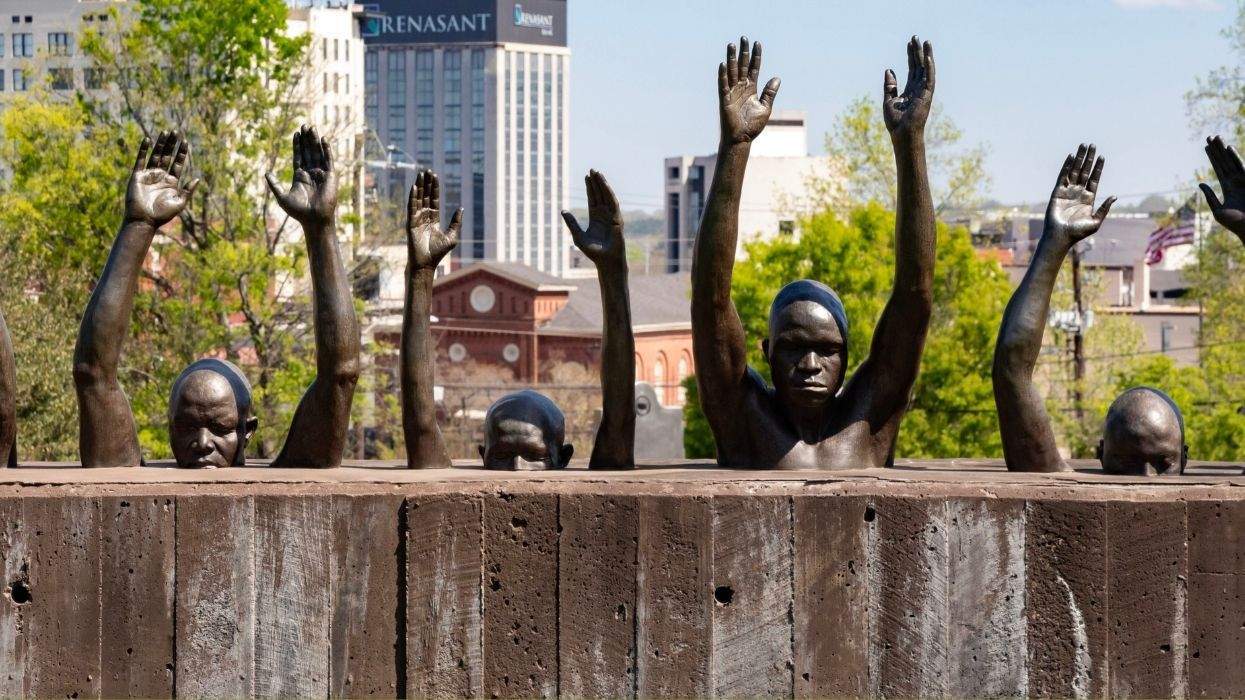An Egyptian LGBTQ+ activist whose image of herself raising a rainbow flag at a Mashrou' Leila concert in October 2017 was found dead in her Canadian home.
According to Aljazeera, Sara Hegazy, 30, died by suicide and left a note for her family and friends asking to forgive her.
"To my siblings," the handwritten note read. "I tried to find redemption and failed, forgive me. To my friends, the experience was harsh and I am too weak to resist it, forgive me. To the world, you were cruel to a great extent, but I forgive."
Hegazy and dozens of other LGBTQ+ concertgoers were arrested by Egyptian authorities after attending the 2017 concert. She was charged with "promoting sexual deviancy and debauchery" and spent three months in prison before being released on bail.
The activist reportedly suffered from post-traumatic stress disorder after being released from jail, caused by the "humiliation and treatment" she faced, notes Aljazeera.
After a failed suicide attempt, Hegazy later sought asylum in Canada where she lived until she died.
While being LGBTQ+ is not illegal in Egypt, per say, queer people continue to be victims of discrimination and are often the first to be targeted by certain provisions in the law that criminalizes behaviors or expressions that are interpreted as immoral, scandalous, or offensive. It's often referred to as the "debauchery" law.
Egyptain leaders have been resistant to any change in the law. In March, Egypt rejected recommendations by states in the United Nations to end arrests and discrimination based on sexual orientation or gender identity.
One Cairo-based LGBTQ+ rights group, Bedayaa, cited at least 92 arrests for alleged same-sex conduct in 2019 under Egypt's debauchery law, noting that 69 percent of those arrested were "picked up randomly on the street."
Since President Abdel Fattah al-Sisi took office in 2014, hundreds of queer people have been persecuted, according to Human Rights Watch.
Many of the queer people persecuted cite violent assaults; torture; forced anal exams on gay and bisexual men; detention; discrimination in healthcare, education, employment, and housing; and a denial of the rights to assembly and expression.















Charlie Kirk DID say stoning gay people was the 'perfect law' — and these other heinous quotes
These are some of his worst comments about LGBTQ+ people made by Charlie Kirk.